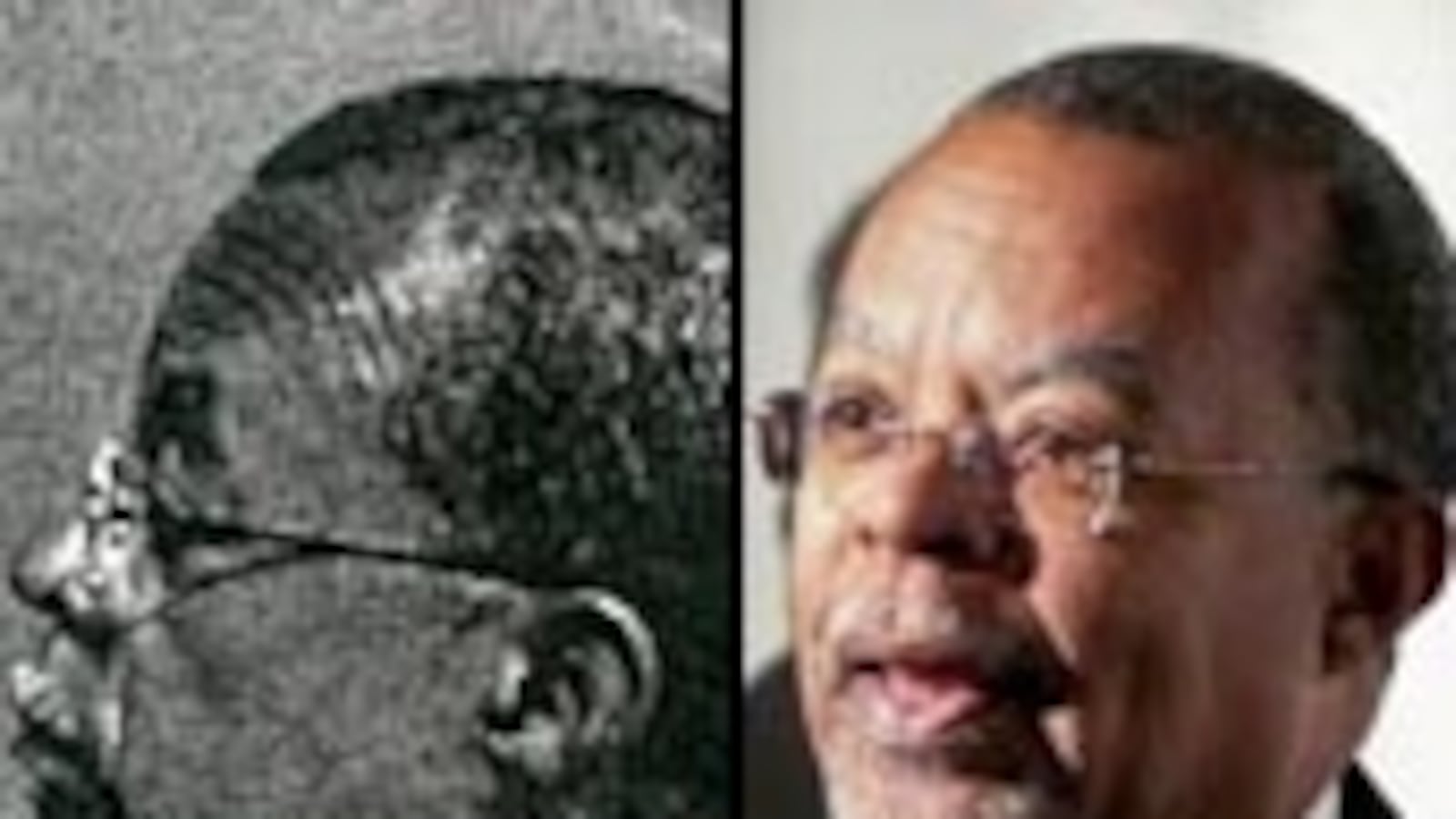
The arrest of Harvard professor Henry Louis “Skip” Gates has reignited the debate over racial profiling. While officers around the country are hearing that racially biased policing is caused by “widespread racism in policing,” I reject this simple cause-and-effect equation. It is erroneous, insulting to the mostly well-meaning officers in this country, and impedes constructive discussion, and change.
Yes, we need to root out racist officers and the leaders who don’t give a darn. But we also need to recognize that racial bias is a human frailty of even good, well-meaning people.
Yes, there are racists in the policing profession—as there are in all professions. Inevitably, then, some actions on the part of police reflect intentional discrimination against people of color. To focus our discussion narrowly on this particular source or cause, however, sends us down the wrong path.
Academics around the country—at Yale, Stanford, UCLA, and other top universities—study the social psychology of racial bias. These scientists tell us “implicit” or “unconscious” bias can affect what people perceive and do, even those who proclaim and aspire to non-prejudiced attitudes. These associations or mental shortcuts include automatic or implicit associations between minorities, particularly African Americans and crime. The phenomenon is consistent with what Malcolm Gladwell referred to as “thinking without thinking” in his book Blink.
The race-crime “blink” response might lead an elderly white woman to call the police on the Hispanic man talking on his cellphone in a car parked out front. The race-crime “blink” might lead one officer to ignore the danger posed by a white person. It might lead another officer to become instantly suspicious of the two young black men driving in an all-white neighborhood—with no basis other than their “race-out-of-place” status. The “race-crime blink” would lead me to “see” potential crime in the three young black males at the back of a bus in Washington, D.C., even if their behavior conveyed no such danger.
We need to realize that racial bias is not all about “bad police” and/or “bad departments.” Yes, we need to root out racist officers and the leaders who don’t give a darn. But we also need to recognize that racial bias is a human frailty of even good, well-meaning people. This understanding can promote a more constructive discussion of the problem of racially biased policing, and it can help us make efforts to change.
I have seen firsthand the destructive impact of the traditional cause-and-effect equation. Several years ago, at a meeting of high-level personnel in an East Coast police agency, I was outlining what the department might do to address racially biased policing. A high-ranking attendee said, “We can’t do any of those things, or we’ll be admitting we are racists.” To him, addressing the “right side of the equation” (racially biased policing) implied adoption of the left (widespread racism in policing). Clearly the equation was impeding change.
More recently an African-American resident attended one of my police-resident trainings on this topic. He listened to my coverage of the science of bias and my claim that even well-meaning people might manifest it. About halfway through the 2½-day training, he surprised us all by saying, “I came into this thinking all police were racist, and now I don’t think so.” He believed in the right side of the equation (that racially biased policing exists), and, until that day, had no other explanation but “widespread racism in policing.” I’m sure it helped that he was sitting in that room for those several days with some of the many well-meaning cops who suffer only from being human like the rest of us.
This new math implies that even the best police officers, because they are human, might manifest racially biased policing and that even the best police departments, because they hire human beings, must proactively promote fair and impartial policing. And the new math provides direction for efforts to make a change—including interventions to address racist officers and the well-meaning ones.
A comprehensive program in an agency would address policy, recruitment and hiring, education and training, supervision and accountability, outreach to diverse communities, and the analysis of institutional policies and practices. Training, for example, is a key mechanism for promoting unbiased behavior on the part of well-meaning officers. Although we cannot easily undo the implicit associations that took a lifetime to develop, training can make officers aware of their unconscious biases so they can counteract them. Indeed, social psychologists have shown that, with information and motivation, people can carry out controlled (unbiased) behavioral responses that override automatic (bias-promoting) associations. Such information and motivation sent me to the back of the bus to find a place to sit.
So yes, we go after the racist, bad officers who prey on the people in our society with less power (or at least the ones they perceive to be so). But that is not the whole of our task. Police need to uncross their arms that are folded in defiance and defensiveness across their chests. The rest of us need to stop slinging the “R” word. Both groups should set aside the “old math”—reflecting simplistic notions of good and evil. We need to commit ourselves to the “new math,” which recognizes the frailties of our human nature and calls upon the best of it to produce cooperative, effective change.
Lorie Fridell is an associate professor in the department of criminology at the University of South Florida. With U.S. Department of Justice funds and other experts, she is developing two model curriculums for police based on the social psychology of human bias. Her most recent chapter is “Racially Biased Policing: The Law-Enforcement Response to the Implicit Black-Crime Association.”






